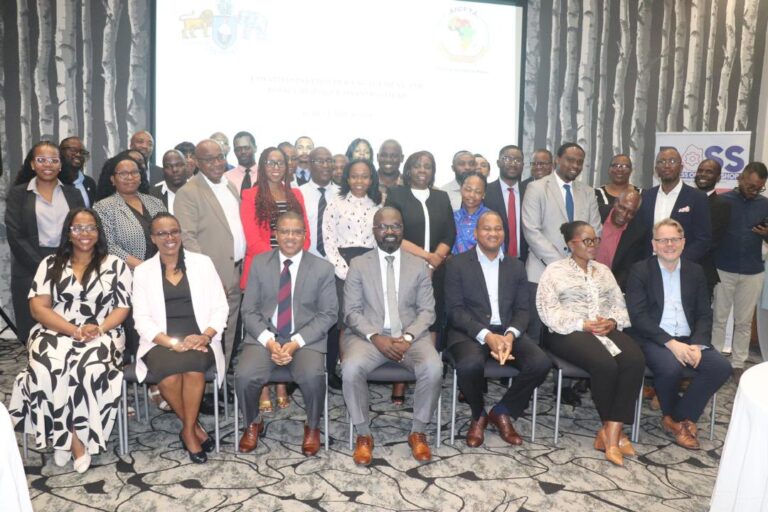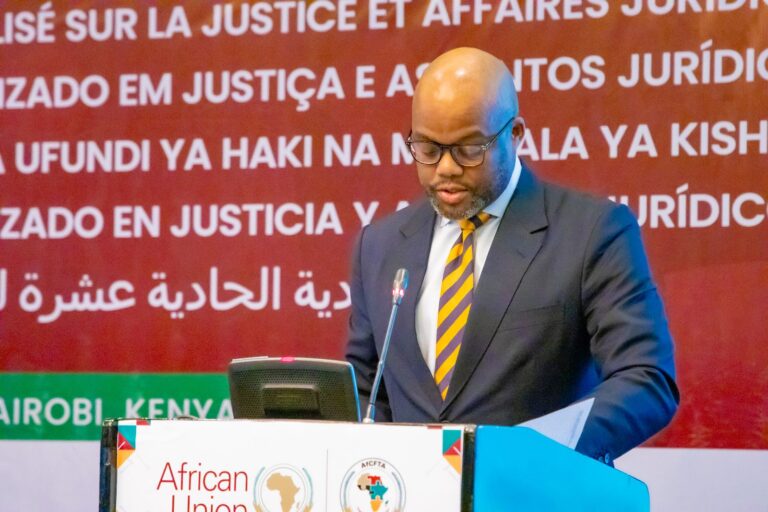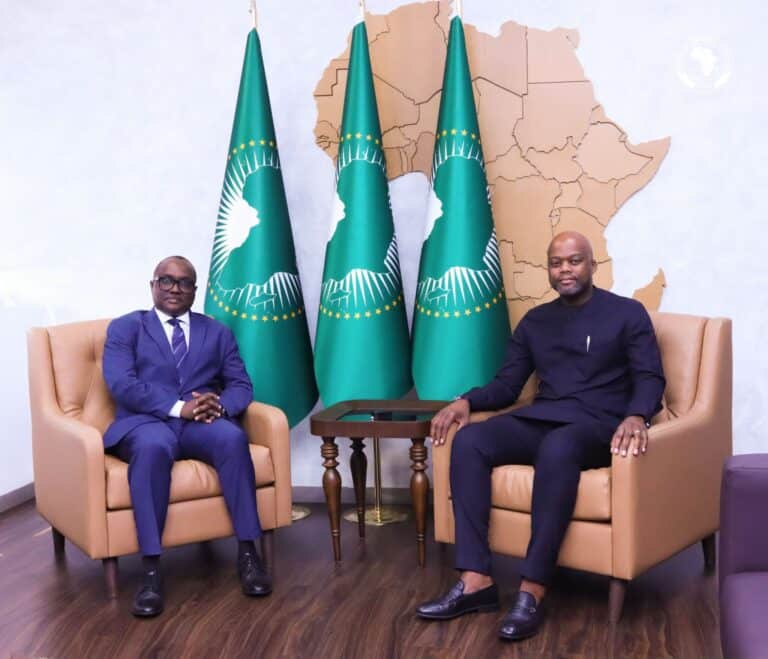Introduction
We often hear about “value addition” when it comes to the world of business, specifically when referring to a product or a service. What exactly does it mean? We talk about “Value-added” to describe the difference between the price of a product or service and the cost of producing it. At this juncture, the price is determined by what customers are willing to pay based on their perceived value. It is essential to acknowledge that value is added or created in different ways.
A few methods of adding value would be: convenience, branding, quality, design and unique selling point. Tapping into these strategies, can help scale up a business in that the price a customer is ready to pay, will increase in value once the added advantage among this realm is realized.
Context
Africa is known for being a heavy exporter of raw materials, being case in point, one of the major causes of structural weaknesses in African economies. The continent harbouring fragmented markets faces challenges when it comes to regional integration and integrating the global trading system as a whole. With the establishment of the African Continental Free Trade Area (AfCFTA), which is the world’s largest free trade area in terms of participating countries, since the creation of the World Trade Organisation (WTO). The AfCFTA brings together 55 countries with a combined GDP of $3.5 trillion and a market potential of 1.4 billion consumers. The Agreement aims to boost intra-African trade, raise Africa’s trading position on the global market, and accelerate economic growth, industrialisation, production, and job creation.
The discussion
In light of the above, it is critical more than ever to promote value addition in products and services traded on the continent. The AfCFTA aims to mitigate market access conditions under which goods and services are to be traded from a policy framework point of view, however, the enablers of this significant mandate are the private sector.
Today, with the participation of the AfCFTA Secretariat as co-convener of the 3rd edition of the Intra-African Trade Fair (IATF), under the theme “Connecting African Markets”, the goal is to shed more light on the economic actors who are showcasing the transformational vehicle of value addition. Luxury has been set at the centre of the Pavilion this year, not only to promote African excellence but also to understand the challenges on the business expansion journey. The idea is to engage with these women entrepreneurs who have managed to build their brands over the years with additional features, increasing their brand equity and ultimately enlargening or rechanneling their target market.
The panel will explore the missions and visions of these businesses through their various industries across Africa and beyond, while they share their invaluable best practices. All panellists being women, the imminent issue around inclusivity in trade will also be discussed.


